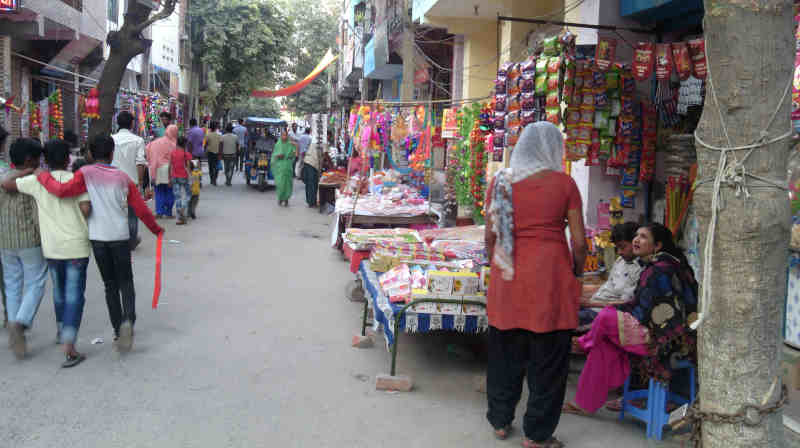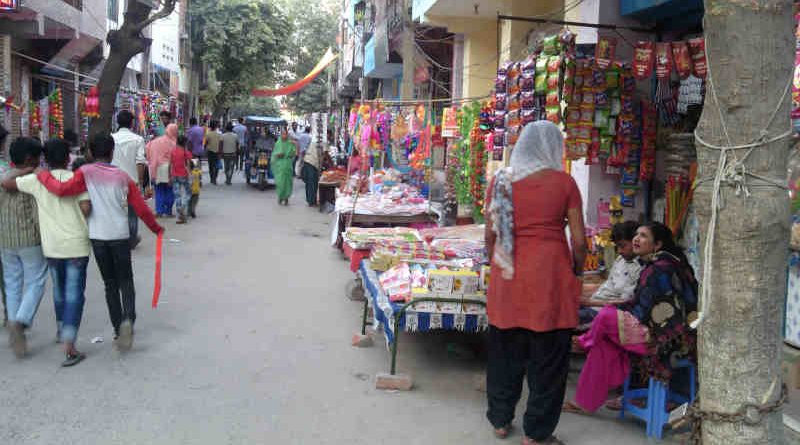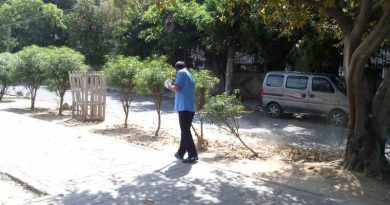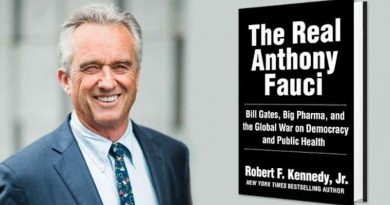Moneyless Economy: You Don’t Need Money to Survive in Covid Pandemic

The onus is on the people at large to immediately adopt moneyless economic models and barter trades to survive and improve their quality of life. Coronavirus has come as a blessing in disguise for the commoners.
By Rakesh Raman
Today, the traditional economists are vigorously advising the governments in different countries to provide financial help to the poor who are affected by the economic recession as a result of the coronavirus (Covid-19) pandemic.
Since these economists cannot think out of the box, they are proposing such a crude solution for the economic recovery and survival of the marginalized sections of the society.
In fact, during the ongoing Covid calamity, most people do not need cash to buy essential items for their day-to-day needs. Rather, they need to exchange these items with each other without any financial transaction. In professional terms, it is called barter.
As the Covid disaster is going to persist for the coming many months or years, people in a poor country like India where the government is not willing to help the poor, some villagers have already started trading goods under barter arrangements.
According to a June 16 report in The Telegraph, in an Indian village near the Bangladesh border, people are bartering essential commodities such as rice, flour, salt, mustard oil, and vegetables. As they do not have any money, they are exchanging these commodities with each other without paying any money.
Such an economic model is part of a larger moneyless economy (MLE) which works without money and still fulfills the needs of all the citizens.
During the ongoing coronavirus crisis, the rich-poor divide has further widened as the poor are finding it difficult to survive in the adverse healthcare as well as economic conditions. The MLE can improve the living conditions of the poor and bring them in the mainstream of societal existence.
| Download All Issues of Covid Health Bulletin | ||
| April 16-30, 2020 | May 1-15, 2020 | May 16-31, 2020 |
| June 1-15, 2020 | June 16-30, 2020 | |
In a MLE, the entire resources in a country are national resources which must be distributed among all the citizens equally. Instead of paying money to buy products and services, the citizens can do barter trade for exchanging one commodity with another.
If introduced uniformly, the MLE will eliminate poverty, crime, corruption, and wars from the world and it will also protect the environment, human values, and bring true democracy to all countries.
Today, there are enough resources in the world to satisfy the needs of all the living beings including 8 billion people on earth. Mahatma Gandhi also said, “Earth provides enough to satisfy every man’s needs, but not every man’s greed.”
That’s true. A human being only needs good food, clothes to wear, place to live, contemporary education, pollution-free environment, communication facilities, and transportation.
All these needs can be easily fulfilled with the currently available resources in a country or the resources imported from other nations where they are in abundance. Each nation, however, will have to implement strict population-control measures so that these resources are distributed proportionately among the citizens.
There is, however, a rub. Today’s authoritarians and their despotic regimes – which exist because of their money power – will never allow such a moneyless system to proliferate in their countries because it will make them powerless.
Now, the onus is on the people at large to immediately adopt moneyless economic models and barter trades to survive and improve their quality of life. Coronavirus has come as a blessing in disguise for the commoners.
By Rakesh Raman, who is a national award-winning journalist and social activist. He is the founder of a humanitarian organization RMN Foundation which is working in diverse areas to help the disadvantaged and distressed people in the society. He also creates and publishes a number of digital publications and research reports on different subjects. These publications include the “Covid Health Bulletin” that covers global coronavirus news and views.
💛 Support Independent Journalism
If you find RMN News useful, please consider supporting us.




